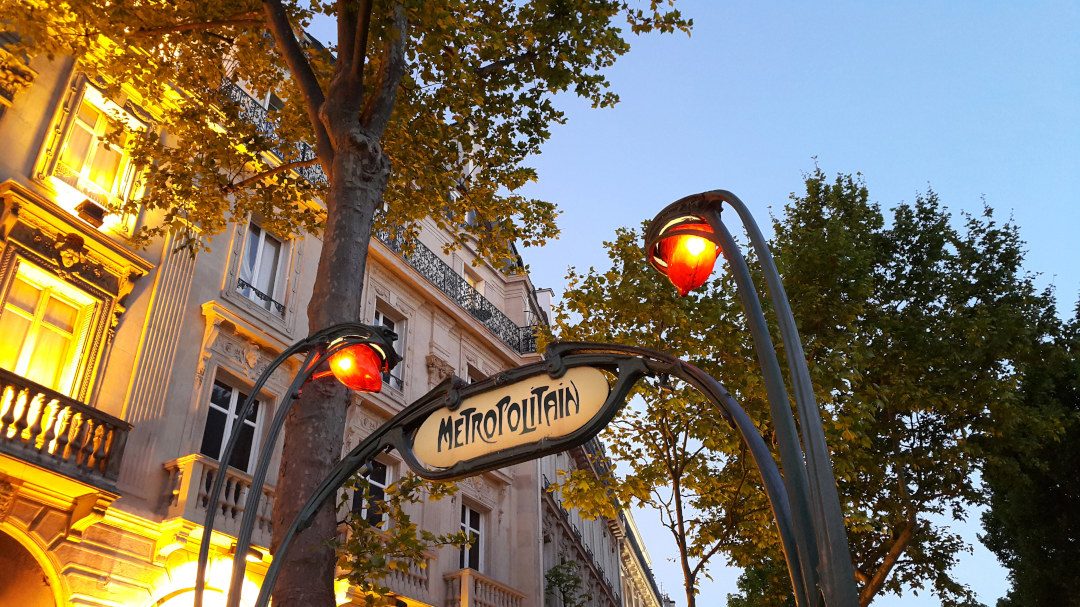Introduction:
When planning a trip to a French-speaking country, beyond booking flights and accommodations, it’s essential to prepare yourself with some basic language skills and cultural insights. Whether you’re jetting off to the romantic streets of Paris, exploring the exotic landscapes of Morocco, or savoring the flavors of Québec, understanding the local language and customs can greatly enrich your travel experience.
In this article, we’ll provide valuable language tips and cultural insights to help you navigate and connect with the people and culture of French-speaking destinations.
Table of Contents
ToggleThe Benefits of Learning Basic French Phrases
Traveling to a French-speaking country becomes infinitely more enjoyable when you have even a rudimentary understanding of the local language. Here’s why learning basic French phrases can significantly enhance your traveler’s experience:
Imagine strolling through the charming streets of Montreal, and as you pass by a quaint bakery, you confidently say, “Bonjour! Une baguette, s’il vous plaît” (Hello! One baguette, please). Your effort to greet and order in French not only puts a smile on the baker’s face but also opens the door to a warm and authentic interaction.
Beyond the immediate connection, knowing basic French phrases can save the day when you find yourself in a tricky situation. Whether it’s asking for directions, seeking assistance, or simply expressing gratitude, your ability to communicate in the local tongue demonstrates respect for the culture and can lead to more meaningful encounters.
Essential French Phrases for Travelers
To help you get started on your journey, here’s a list of essential French phrases and expressions that every traveler should have in their arsenal. We’ve included phonetic pronunciations to make it easier for you to get the pronunciation just right:
- Greetings:
- Bonjour (bohn-zhoor) – Hello / Good morning
- Bonsoir (bohn-swahr) – Good evening
- Bonne nuit (bohn nwee) – Good night
- Salut (sa-loo) – Hi / Hey (informal greeting)
- Au revoir (oh ruh-vwahr) – Goodbye
- Polite Phrases:
- S’il vous plaît (seel voo pleh) – Please
- Merci (mehr-see) – Thank you
- De rien (duh ryen) – You’re welcome
- Excusez-moi (ehk-skew-zay mwah) – Excuse me / Pardon
- Je suis désolé(e) (zhuh swee day-zoh-lay) – I’m sorry
- Common Questions:
- Oui (wee) – Yes
- Non (noh) – No
- Parlez-vous anglais ? (par-lei vooz ahn-gleh) – Do you speak English?
- Où est… ? (oo eh) – Where is…?
- Combien ça coûte ? (kohm-byen sah koot) – How much does this cost?
With these phrases at your disposal, you’ll find it easier to navigate everyday situations and connect with the locals during your travels in French-speaking countries. A little effort goes a long way in making your trip more enjoyable and memorable.
Navigating Transportation and Directions
Traveling around a French-speaking country can be an adventure in itself. Knowing how to navigate public transportation, ask for directions, and understand transportation-related vocabulary can make your journey smoother.
- Public Transportation: Familiarize yourself with common transportation terms like “bus” (bus), “train” (train), and “metro” (subway). You might also want to learn how to ask for tickets and directions to the nearest station.
- Asking for Directions: Basic phrases such as “Où est…?” (Where is…?) and “Comment aller à…?” (How do I get to…?) can be incredibly helpful when seeking directions.
- Signs and Maps: Being able to interpret road signs and maps is invaluable. Study common road signs and understand the symbols they use.

Dining and Food Etiquette
Food is an integral part of any culture, and French-speaking countries are no exception. Understanding dining customs and food etiquette can enhance your culinary adventures.
- Ordering Food: Learn phrases for ordering food and drinks, such as “Je voudrais…” (I would like…), “L’addition, s’il vous plaît” (The bill, please), and “Un verre d’eau, s’il vous plaît” (A glass of water, please).
- Basic Food Vocabulary: Familiarize yourself with common food items, so you can read menus and ask questions about dishes that pique your interest.
- Table Manners: Be aware of local table manners, such as keeping your hands on the table or waiting for the host to start the meal before digging in.
Cultural Insights
Embracing the local culture is an essential part of travel, but it’s important to recognize that cultural norms can vary significantly from one French-speaking country to another. Understanding these nuances will not only help you connect with the people but also demonstrate respect for their way of life.
- Greetings: In French-speaking countries, greetings can take on various forms. For instance, in France, it’s common to greet with a kiss on both cheeks, even among acquaintances. However, in Quebec, a friendly handshake is more typical. In Morocco, you might be greeted with a warm embrace, especially in more informal settings. It’s essential to adapt your greetings based on the specific cultural practices of the region you’re visiting to avoid any unintended awkwardness.
- Gestures: Hand gestures can convey a wide range of meanings, and they’re not always universal. For example, in France, the “ok” gesture (forming a circle with your thumb and index finger) can be seen as offensive. In contrast, it carries a different meaning in many other countries. Additionally, the “thumbs-up” gesture, commonly used as a positive sign in some places, can be considered rude in others, like Tunisia. It’s crucial to be mindful of local gestures to prevent any unintentional misunderstandings or offense.
- Taboos: Cultural taboos can vary greatly among French-speaking countries. For instance, in many North African countries, including Algeria and Tunisia, it’s considered impolite to use your left hand for eating or handing someone something, as it’s traditionally associated with hygiene practices. In contrast, in some Caribbean French-speaking nations, there’s a taboo around discussing sensitive topics like politics or religion with strangers. Doing so can be seen as intrusive and disrespectful. Researching these cultural taboos specific to your destination will help you navigate social interactions with sensitivity and respect.
By acknowledging these cultural distinctions and adapting your behavior accordingly, you’ll not only have a smoother and more enjoyable travel experience but also leave a positive impression on the locals you encounter. Remember that the key to successful cultural immersion is an open mind and a willingness to learn from the diverse cultures within the French-speaking world.

Safety and Communication
While we encourage language learning, it’s also important to know how to communicate in case of emergencies or when language barriers persist.
- Emergency Phrases: Learn phrases like “Au secours !” (Help!) and “Appelez la police !” (Call the police!) for emergency situations.
- Translation Apps: Download translation apps that can help bridge language gaps when needed. Apps like Google Translate can be a lifesaver.
Conclusion
Traveling to French-speaking countries can be an enriching and fulfilling experience. By investing time in learning essential language phrases and understanding the local culture, you’ll open doors to deeper connections and memorable moments on your journey.






